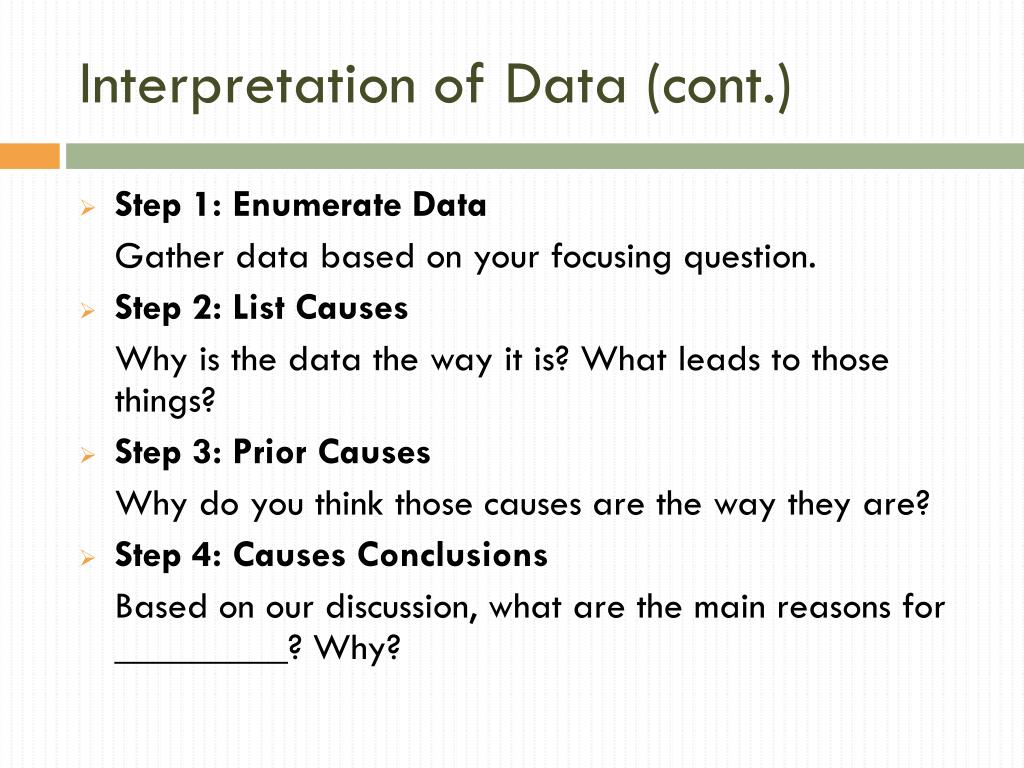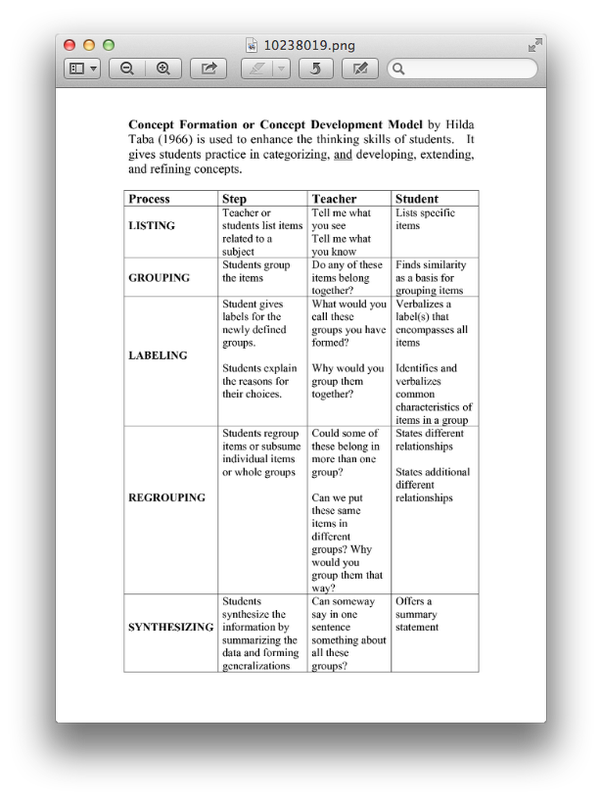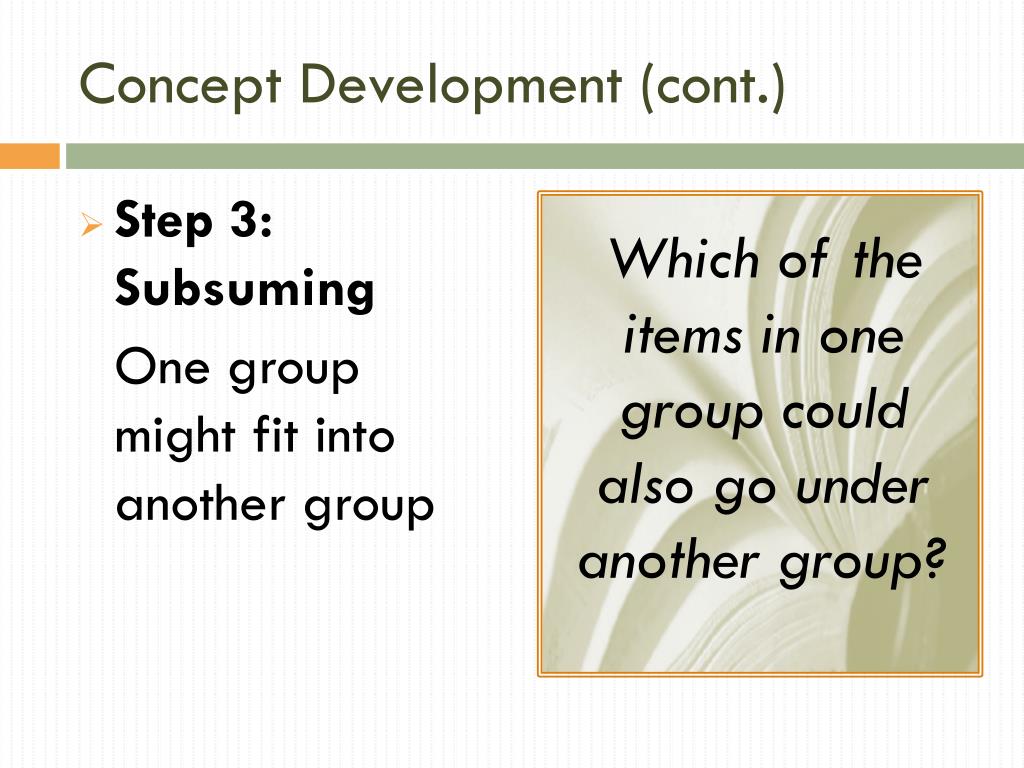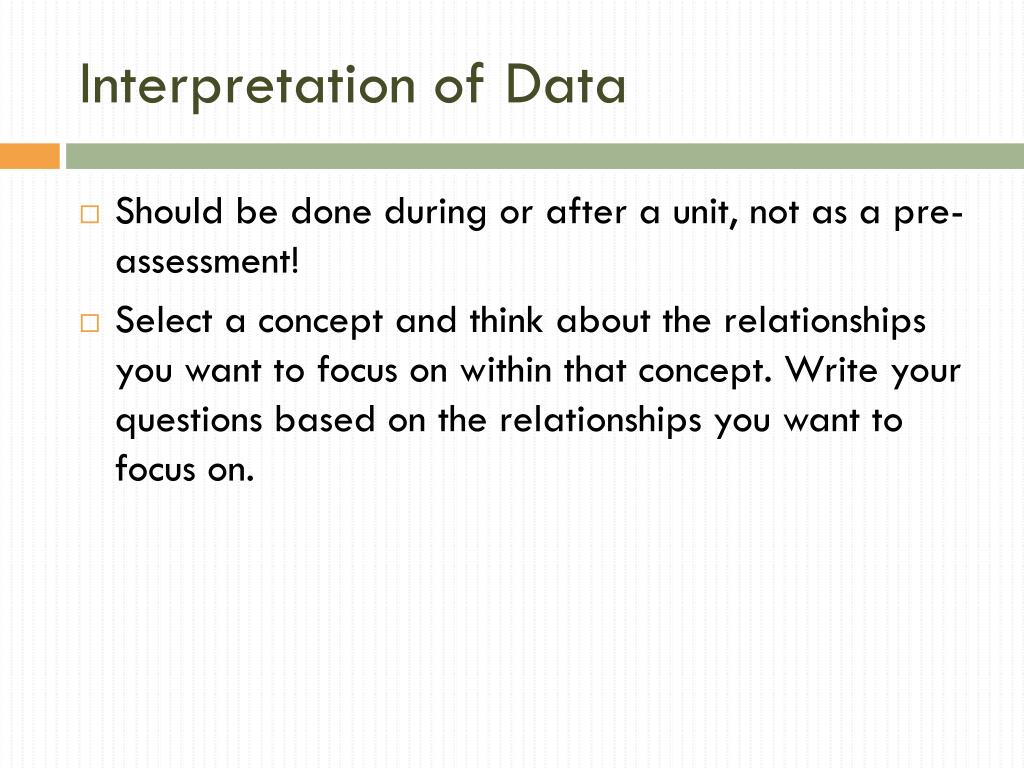

’Cause I’m scared something will touch it. My mind thinks it should still be able to do what we used to do and you can’t”. One participant summed up the challenge of coping with this disease when she said, “My biggest struggle has been that my mind has not figured out yet that my body doesn’t keep up any more. I don’t feel free, which naturally restricts my movements and breathing 17. Prior to having these symptoms, she described herself as leading an active life and spending much of her time outside working in her garden 13. She now has difficulty breathing almost all the time and is waiting for a lung transplant. In describing the onset of scleroderma, one woman said, “It started with shortness of breath.” Upon bronchoscopy, she found she had only 25% lung capacity. “That’s what I look like.” Rather than saying, “Yeah, what you see, this is it.” 28 Let me show you what I really look like.” And the first thing I want to do is show them pictures. I’d rather die before I don’t recognize myself anymore.” 13 It bothers me because people who see me for the first time, I want to say, “This isn’t me. I said, “So do you even want me coming to the meeting?” “Well you have to talk.” “But you don’t want me in the room?” “Right.” 15Īnother participant described her worries saying, “Dying doesn’t worry me, but dying totally ugly or handicapped when I don’t recognize myself does.” She added, “I see differences in my facial structure already. I was teaching in a men’s school, and we had a large meeting, and the principal asked me to sit in the hallway during this meeting, that way, nobody would have to look at my hands. The face is much more significant in some way 28.Ī number of times people thought I had measles or chicken pox. People are going to perceive you as stupid or intelligent. Because I think it is scarier maybe because there is so much wrapped up in your face it reflects your emotions, it reflects your feelings, it reflects your attractiveness. But like I said, yes, this scleroderma to my face has just really, really pulled me down. I mean, if my face wasn’t disfigured like this, I call it disfigured, okay, or changed, and if I just had the scleroderma that didn’t do anything to your face, yes, I could handle that. Ninety-nine percent (of my self-esteem) has been affected because of my face. Range and depth of insight into participant perspectives of SSc, thick description provided Participant quotations or raw data provided, e.g., picture, diary entries Translation, specifies language in which analysis was done, NA if Englishĭerivation of themes or findings, e.g., inductive, constant comparison Researcher/expert triangulation, multiple researchers involved in coding and analysis Protocol for data preparation and transcription Translation and interpretation, NA if English-speaking Presence of nonparticipants, e.g., clinical staff Number and/or reasons for nonparticipation Selection strategy, e.g., snowball, purposive, convenience, comprehensive

Relationship established prior to study commencement Illness and disease management experiencesĮxperience or training in qualitative research

Semi-structured interviews, life story interviews, focus groups, patient observations Phenomenological and grounded theory analysis Naturalistic inquiry, phenomenology, grounded theory Romania, Norway, Netherlands, Germany, Sweden, Austria, UK, Switzerlandįace-to-face, semi-structured individual interviews and focus groupsīarriers to exercise/ experiences of management of arthritisĪrthritis self-management program experiences Immersion and crystallization method of thematic analysis
#Group subsume regroup taba skin
Skin and mucosa care, general illness experiences

Telangiectasias and body image dissatisfaction Disease Duration/Time since Diagnosis, YrsĬolaizzi’s phenomenological data analysis


 0 kommentar(er)
0 kommentar(er)
